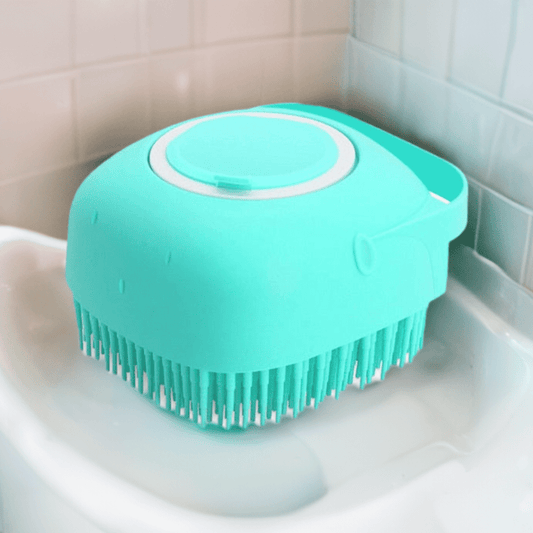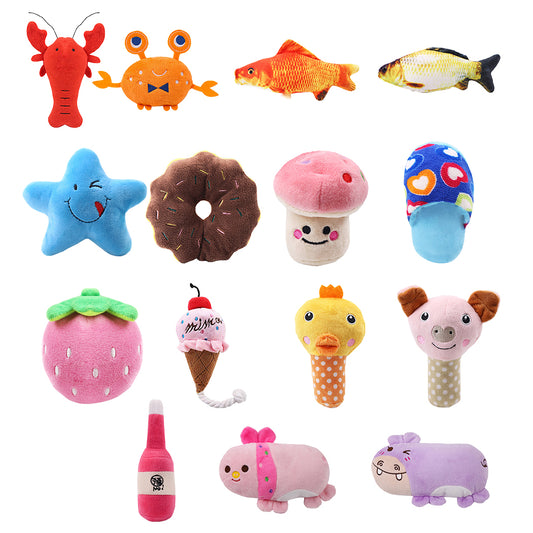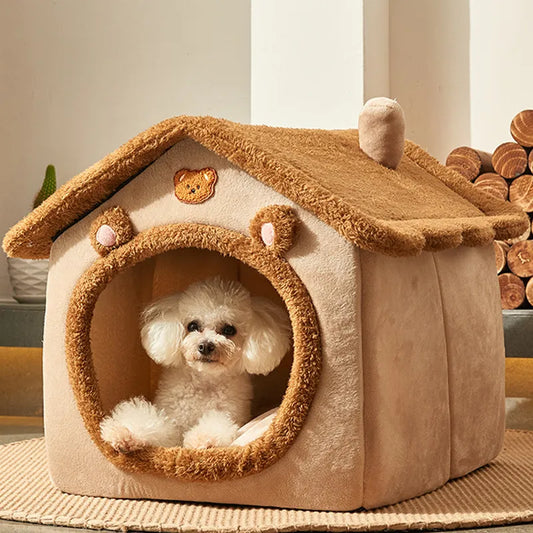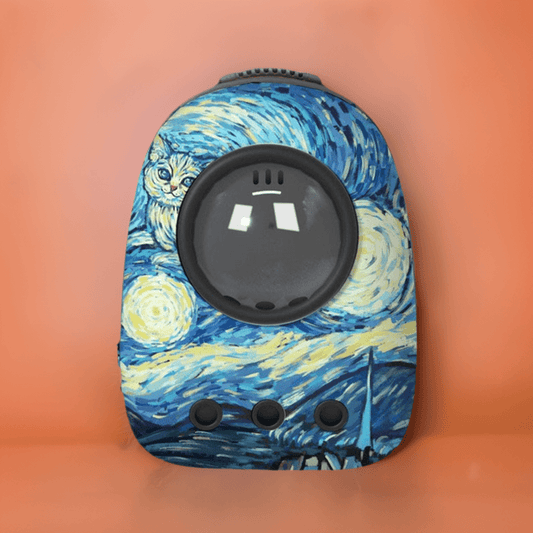Welcome to the definitive guide on the enigmatic topic of mucus in dog stool. If you're a devoted pet parent, you know that your furry companion's well-being is paramount. When you notice something unusual in their stool, like the presence of mucus, it's only natural to be concerned. Fear not, for we are about to embark on an insightful journey through the intricacies of mucus in dog stool, leaving no stone unturned.
In this comprehensive guide, we'll delve deep into the world of our canine companions, exploring the mysteries of mucus, its potential causes, the telltale signs, treatment options, and even how to prevent this issue. Our mission is to equip you with knowledge, so you can ensure your four-legged friend's health and happiness.
Understanding Mucus in Dog Stool
What is Mucus in Dog Stool?
Mucus in dog stool is a peculiar phenomenon, characterized by the presence of a jelly-like, slippery substance in your canine companion's feces. While a trace amount of mucus might not ring alarm bells, an excessive quantity can be a cause for concern.
Mucus, you see, is not a villain in itself. It's a crucial component of the digestive process in dogs and humans alike. Mucus lines the digestive tract, serving as a protective barrier against harmful substances and aiding the smooth passage of food.
Demystifying the Origins: What Leads to Mucus in Dog Stool?
- Dietary Dilemmas: Among the usual suspects, dietary indiscretions often top the list as the primary cause of mucus in dog stool. When our furry friends decide to explore unusual gastronomic delights or undergo rapid diet changes, their digestive system may respond with increased mucus production.
- Gastrointestinal Gambits: The gastrointestinal system, prone to its quirks, can be another source of mucus-related mysteries. Conditions such as gastritis, colitis, or irritable bowel syndrome can trigger an excessive mucus response.
- Intruders in the Gut: Bacterial, viral, or parasitic infections can set the stage for mucus to make its appearance in your dog's stool.
- Food Foes: Allergies or food sensitivities can unleash the forces of mucus in the digestive tract.
- Stress and the Gut: Yes, stress can even affect our four-legged companions. It can disrupt their digestive harmony and lead to mucus in the stool.
Signs and Signals: Recognizing Mucus-Related Symptoms
When it comes to mucus in dog stool, understanding the symptoms is key to early detection. Keep an attentive eye out for the following red flags:
- Diarrhea Deluge: Frequent bouts of loose stools, often accompanied by a generous serving of mucus.
- Vomiting Ventures: Mucus might not limit itself to stool; it can sometimes make a guest appearance in vomit.
- Lethargy Looms: A sudden lack of energy or enthusiasm in your pet.
- Appetite Apathy: If your dog is showing reluctance to eat or drink, it's time to pay attention.
- Abdominal Alarms: Keep an eye out for signs of discomfort or pain in the abdominal area.
Deciphering the Enigma: Diagnosis and Treatment
Consulting the Canine Caretaker: The Veterinarian
The moment you notice mucus in your dog's stool, especially when accompanied by concerning symptoms, it's imperative to consult a veterinarian. Your vet is your trusty guide through this perplexing journey, equipped with the knowledge and expertise to navigate these muddy waters.
Unveiling the Truth: Diagnostic Dilemmas
The path to resolution often begins with diagnostics. Your veterinarian may recommend the following tests to unravel the mystery:
- Stool Sample Sleuthing: Laboratory analysis of your dog's stool can be a revealing starting point, helping identify the underlying cause.
- Blood Work Brilliance: Blood tests can provide insights into any systemic issues that might be at play.
- Visualizing the Gut: Sometimes, an inside look is needed. X-rays or ultrasounds can be instrumental in assessing the gastrointestinal tract.
Crafting the Cure: Treatment Options
The treatment plan for mucus in dog stool hinges on the root cause. It may encompass a variety of strategies, including:
- Dietary Diversions: Transitioning to a bland or hypoallergenic diet to calm the digestive waters.
- Medication Marvels: Veterinarians may prescribe medications to address specific conditions or alleviate symptoms.
- Hydration Heroes: Ensuring your dog stays well-hydrated is crucial for recovery.
- Probiotic Power: Probiotics may be enlisted to restore a harmonious gut flora.
- Parasite Pursuit: If a parasitic infection is to blame, appropriate measures will be taken.
FAQs: Navigating the Maze of Mucus
Q: Can I take care of mucus in my dog's stool at home?
A: While minor cases may benefit from dietary changes, always consult your vet for an accurate diagnosis and tailored treatment plan.
Q: Is mucus in dog stool always a sign of a severe problem?
A: Not necessarily. Sometimes, it might be a minor issue, but it's crucial to rule out any underlying conditions for your peace of mind and your dog's health.
Q: Can stress really lead to mucus in a dog's stool?
A: Absolutely. Stress can disrupt the delicate balance of the digestive system and manifest as mucus in the stool.
Q: How can I prevent mucus in my dog's stool?
A: Maintaining a consistent and balanced diet, monitoring your dog's environment for stressors, and ensuring proper hydration can all contribute to preventing mucus-related issues.
Q: Is mucus in dog stool contagious to other dogs or humans?
A: Mucus itself is not contagious, but if it's a result of an infection, the underlying condition may be contagious.
Q: When should I be particularly concerned about mucus in my dog's stool?
A: If you notice blood in the stool, severe or persistent diarrhea, or any concerning symptoms, don't hesitate to seek immediate veterinary attention.
Conclusion: Navigating the Path to Canine Wellness
In the grand tapestry of your dog's health, mucus in their stool may be but a single thread. While it can be disconcerting, remember that knowledge is your best ally. By monitoring your dog's health, consulting a veterinarian when needed, and providing the care and treatment they deserve, you can weave a vibrant tapestry of well-being for your beloved companion.
Thank you for embarking on this comprehensive journey through the realm of mucus in dog stool with us. If you've found this guide valuable, we encourage you to share it with fellow pet owners. Together, we can ensure the health and happiness of our four-legged friends.



